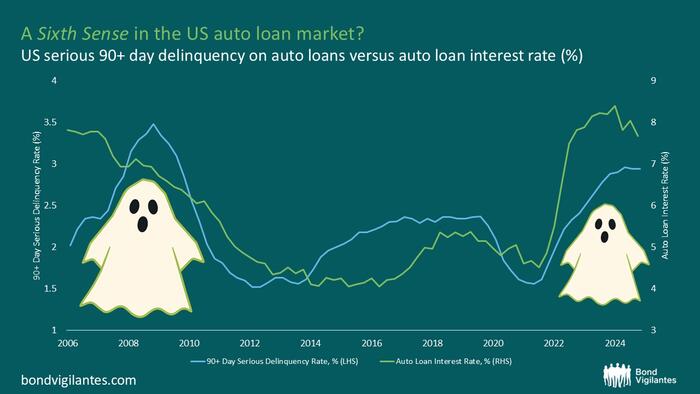Copyright thebftonline

By Joseph AKYEAMPONG Esq Globalisation has introduced a new dimension into the international business mix. With the breakdown in trade barriers and lowering of market entry requirements for the establishment of businesses outside their home states, the world economy has grown in leaps and bounds with an attendant increase in the standard of living and the scale up in the life styles of many people around the world particularly in developing countries. Here in Ghana, new lifestyles have come on stream for the middle and upper middle classes particularly with the establishment of shopping malls with the availability of a large variety of exotic goods and serene shopping ambience. The Golden Age of International Business Globalisation, with the breakdown of trade barriers has led to the golden age of multinational enterprises with their establishment in multiple countries far away from their home states. A critical decision of an international business or multinational in setting up operations outside its home state involves an evaluation of the factors for its establishment among them, a conducive political environment, a favourable legal and regulatory regime for business, factor differentials in labour costs, utility services, the ease of repatriation of profits, etc. International businesses are established in multiple locations for the reason of leveraging on factor cost differentials to ensure the production of goods at an optimum cost to the satisfaction of the consumer or end user. Production and Supply Chain Management in International Business It is more than a truism that products of most multinational businesses have gained worldwide acceptance and are synonymous with quality. Products from world renowned companies like Apple, Dell, Lenovo, Samsung, Caterpillar, etc are known throughout the world as quintessential products and stand out for brand quality. One distinguishing feature of the products of multinationals is the elimination or near elimination of defects with the products for which there is the remote chance of recall either from the production line or after they have reached the consumer for the rectification of defects. The reason for the absence of defects with the products of multinationals which have gained brand quality is the careful co-ordination and integration of the production and supply chains of multinational companies which eliminates defective products from the production line. This is done by the establishment of quality standards in the production and supply chain processes for the elimination of defective components, raw materials and the deployment of rigorous production systems, etc. Adaptation of Six Sigma Philosophy in International Business Vouching for the production of quality and quintessential goods for the ultimate satisfaction of the end user, international businesses have tapped into the statistical philosophy of the Six Sigma, which is of Greek origin which represents a standard deviation from the mean. In its application to industry, Six Sigma statistical philosophy has been deployed as a data driven methodology which is applied in industry aiming at producing goods with virtually no defects. The import of the adaptation of the Six Sigma in industrial applications is that, the higher the sigma, the likelihood there is of the elimination of defects in the production process. Thus, the achievement of the highest score of six sigmas which guarantees a statistical accuracy translating into 99.9996% portends the likelihood of only 3.4 defects in the production of a million units of a product. The Six Sigma adaptation in business is anchored on the DMAIC strata which stands for Define, Measure, Analyse, Improve, Control. The DMAIC strategy in business applications is primarily aimed at ensuring a qualitative production process with the elimination of defects as much as possible with the ultimate goal of providing customer satisfaction with the end product. Ultimately, the adaptation of the Six Sigma in industrial applications results in reduced costs stemming from the elimination of waste and inefficiencies in the production process and streamlining the production processes with the attendant optimisation of resources leading to increased productivity. The successful adaptation of the Six Sigma statistical philosophy in business and industrial applications inures to the ultimate goal of producing quality goods at reduced cost in combination with leveraging on factor cost differentials in various production locations. Pioneers of Six Sigma In Business and Industrial Applications A pioneer of the adaption of the Six Sigma philosophy in business and industrial applications is the celebrated Japanese engineer, Taiichi Ohno 1912-1990. After working as an engineer at Toyota in Japan and having stints at Ford in the US, Taiichi Ohno pioneered the adaptation of the Six Sigma at Toyota. He also pioneered changes with the production system at Toyota which marked a shift from the long production lines to the customised production line to cater specifically for the production of particular models of Toyota in response to customer preferences. It is reckoned that the successful adaptation of the Six Sigma at Toyota pioneered by Ohno is largely attributed to the current dominance of Toyota brands, particularly the Lexus as a quintessential brand across the world as a first choice preference vehicle. This has been affirmed by J.D. POWER, the well known US data analytics firm in the examination of consumer preferences. Other adherents of the Six Sigma philosophy in business and industry are Jack Welch, former CEO of General Electric, Larry Bossidy, Bill Smith formerly of Motorola, John McCabe and others. It is appropriate to remark that the Six Sigma adaptation in business had earlier been pioneered in the Total Quality Management TQM philosophy which was first developed in Japan and later adopted widely in US industry with its proponents being W. Edward Jenning, Joseph Juran and A.V Feignbaum. Like the Six Sigma, the TQM philosophy also hinged on the application of quality standards in the production process to eliminate defective products and ensuring the production of quality products for the end user. The writer is a lawyer with specialisation in international business law. Email: [email protected]



